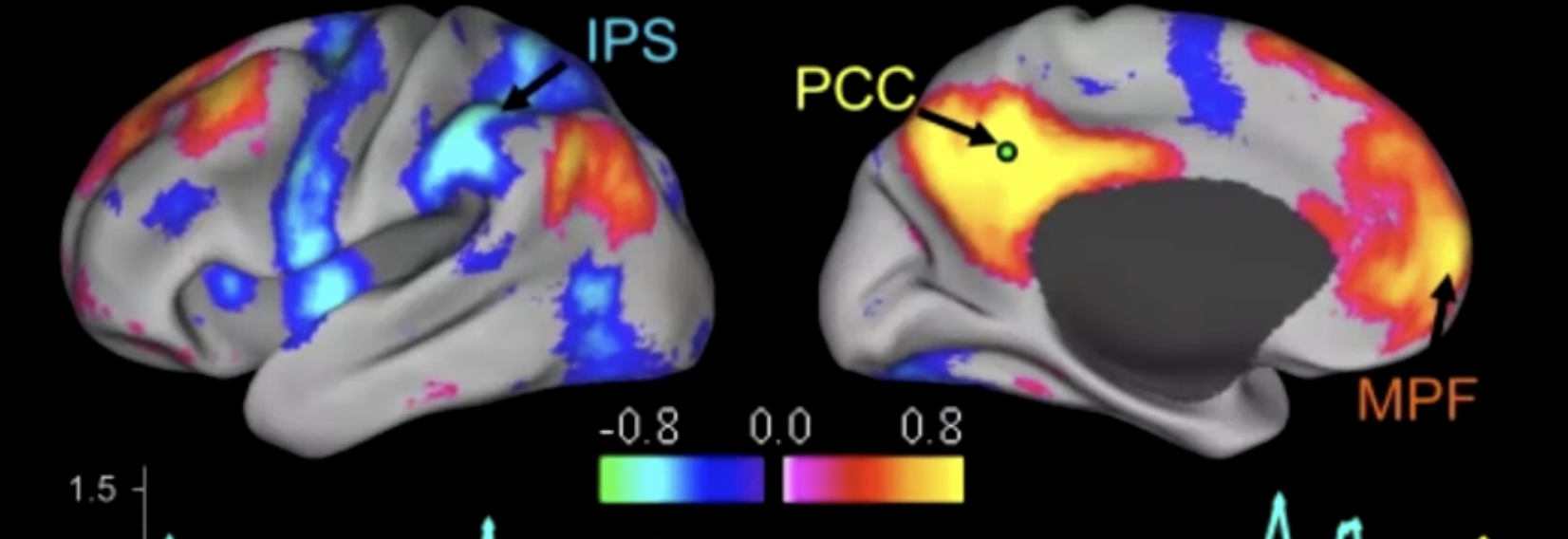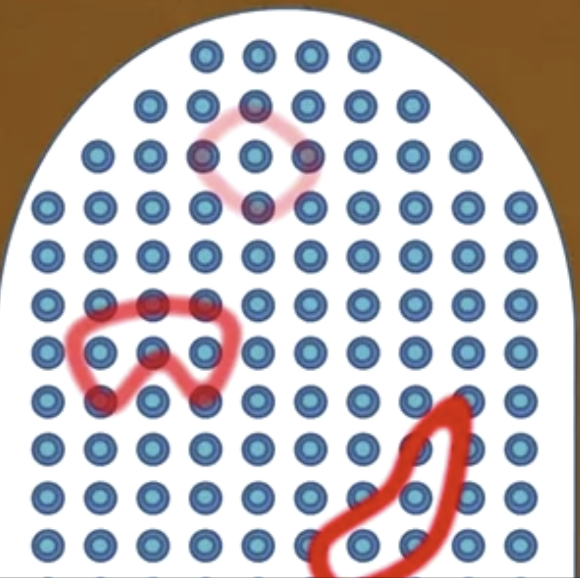Week 1 - Course Notes
Course: Learning how to learn by Dr. Barbara Oakley, Dr. Terrence Sejnowski Course claim: Learn more effectively and with less frustration
Focussed and Diffused mode
We are either in focussed or in diffused mode. Not in both at the same time.
Focussed mode
Analogy - pinball machine. Knowledge blocks that are familiar are tight together. This can be used when you work on something familiar.
Diffused Mode
Widely spaces connectors, so that thoughts can bounce around. Look broadly from a wider range/big picture perspective (and drill down to focussed mode if necessary)
Using the different thinking modes
Dali - went into diffuse mode, key in hand and when he was short before falling asleep he stopped and carried away his thought to be used in the next deep focus mode and build on it.
So when learning something new … our mind needs to go back and forth between the two different learning modes. Do a little work every day (like with muscles).
Takeways
- metaphors and analogies provide powerful techniques for learning
- diffuse and focused mode helps us to learn in different ways
- learning something difficult takes time and needs alternating between states
What is learning
Different areas of brain activity - left active state, right resting state.

- Brain connections are dynamic. Even when a brain matures it stays dynamic.
Procrastination, Memory and Sleep
When we don’t want to work on something, we activate an area of pain in our brains. And the brain looks for a way to stop it. By switching to something else.
When you start working on it, then this negative stimulus/pain disappears.
- The Pomodoro - just a little timer to 25’, turn off interruption and focus.
- Give some small reward afterwards - mental relaxation
Practice make permanent
- Math is more difficult because of its abstract nature - opposite example the word COW can be related to real subject, even the word sounds like an animal sound. Concepts like LOVE are a little more abstract but can be connected with emotions. For math, such connections are not obvious.
- the more abstract the more important is regular practice. This brings the concept to our reality
- practicing deepens the neuronal connections and builds patterns in our brain
Patterns getting strong the more we practice, visualized by the different color intensity in the Pinball analogy

- So study something a little more intense, then walk away and let it simmer in diffuse more for a while
Long term memory and working memory
Working memory
- What I immediately and consciously process in my mind.
- Can hold about 4 chunks of information
- Need to repeat often to hold something in working memory
Long term memory
- Like a storage warehouse, where I store fundamental concepts I’m learning about
- Need to revisit often in order to store something more permanent
- recommended to work with spaced repetition. Provided time for synaptic connections to form.

This is mainly where MOC Building a 2nd brain comes in handy.
The importance of sleep
- Sleep removes toxic elements from the brain. Brain cells shrink and provide space for fluids to flow better and wash out toxic waste.
- one needs to have good sleep before an exam
- important aspect of memory and learning process. Sleep erases less important parts and strengthens things to remember.
- increases understanding of difficult problems - as other parts of our brain start to communicate
- learning short before sleeping increases change of dreaming about it
Interview with Dr. Terrence Sejnowski about his way of learning
Leading scientist in the world of topic neuroscience.
- get into the thick of it, get involved in experiment and learn by doing, together with experts
- interrupt boring lectures by asking a question … and provide space for a discussion
- learn a lot more by active engaging rather than passive listening
-
take a walk to get into diffuse mode
- have a little notebook along to take immediate notes with the new ideas
- multitasking ability is to switch from one topic to another (faster) 1
- if you put someone in an environment where this person can flourish … neuron connection becomes much stronger (he and a colleague discovered that!)
- having an enriched environment is helping a lot
- in absence also exercise will help
- Claim: It needs physical activity and sports to strengthen neuronal connections
- talk to someone and explain a concept … boosts the creative process
- success does not automatically come from being smart … but often from being passionate and persistent
Staying creative
- with surrounding with youth and strong drive for learning
Tests
- don’t hung up .. move on and come back to it later
Interview with Daphne Gray Grant
- diffuse mode is used for writing, being in the writing mode
- focussed mode for editing
- use mindmapping ([[Mindmapping by Daphne]])
- liberates brain .. you can go off in every direction
- work with an unlimitted canvas (like excalidraw)
- write down what occurs to your brain
- can be also use for recapturing an interview … just put notes aside and create mindmap based on your memory
- helps to extract the key-insights from our memory
- do not outline before writing - as this engaged the focussed brain
- memorization helps to understand the underlying reason much more deeply (would be interesting to compare that with writing extensive notes like with a Second Brain … where I passively likely memorize but also invest in ROA optimzation)
-
Mistake Nr 1: Editing while you write (is like cleaning the table while reading)
- hang a towel over the monitor … I use the Obsidian line focus plugin for that
- writeordie.com … screen starts to pinken when you stopped writing, later a loud noise
- Talk back to your inner critics voice and mention that you are not in writing mode and will come to editing later
Linking
- ➡ Week 2 - Course Notes
- [[A Mind For Numbers - Barbara Oakley PhD]] (Blinkist)
- [[85 Steps to Writing Faster Better - Daphne Gray-Grant]]
- [[My Reflective Essay]]
-
Connects with [[BASB - Learning about Express#ROA - Return on Attention - The most important metric for knowledge workers|Return on Attention]] ↩